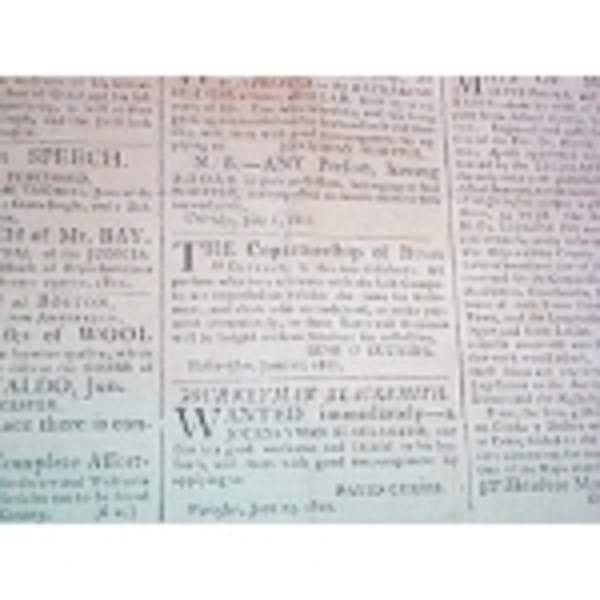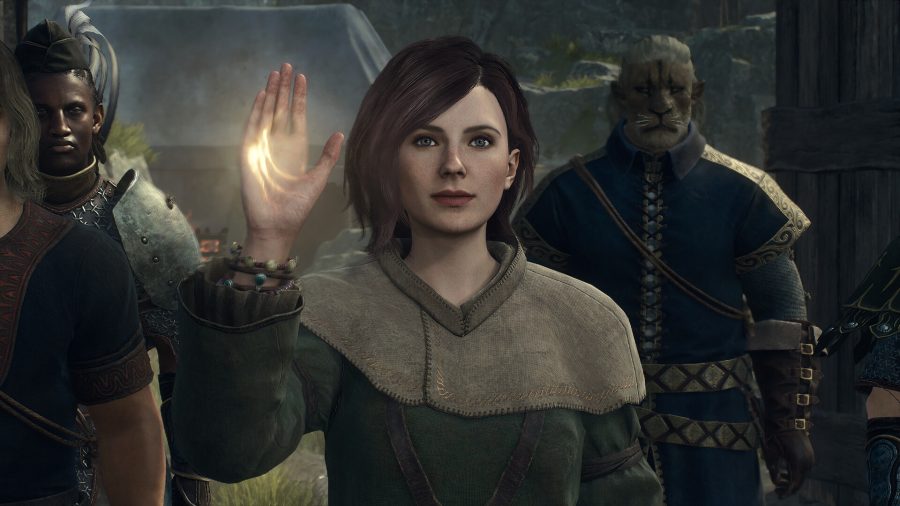Google announced last week that it was shutting down its News Archive Project. Akin to the massive Google Books project, this was a plan to digitize the world’s newspaper archives and make them searchable online. But if you’re worried about the digitization and preservation of British newspapers, fear not. As The Guardian reports today, the British Library is moving forward with its plans to digitize some 40 million newspaper pages from its vast 750 million collection.

Some 500,000 pages have been digitized thus far, and beginning this fall, this material will be available online. By then, the British Library hopes to have over 1.5 million newspaper pages available.
The website will be accessible for free to visitors of the actual physical archives at Colindale, in North London, but other online users will have to pay a fee.
According to The Guardian, the project is a partnership with Brightsolid, an online publisher and owner of several family history websites, including ancestorsonboard.com and Genes Reunited.
Copyright Problems Persist with Digitization Efforts
Despite the British Library’s vast collection of newspapers, the issue of copyright is still complex. Initially, the British Library intended to focus solely on pre-1900 newspapers so as to avoid the issue, but it’s in negotiations with rights holders to move forward with 20th century content.
Last year, when the British Library began its digitization efforts, James Murdoch, the chief executive of News Corp (and Rupert’s son) blasted the project, warning that public bodies were increasingly “treading on the toes” of commercial media organizations. He said that the digitization efforts were “not simply being done for posterity, nor to make free access for library users easier, but also for commercial gain via a paid for website.”
At the time, Murdoch was very critical of Google’s digitization efforts too, and as the Google Books settlement (or rather, the recent ruling to throw out the Google Books settlement) demonstrates, there are still many obstacles in the digitizing archival material – whether it’s by public or private institutions.










